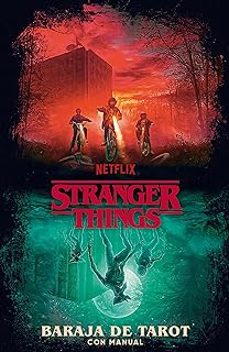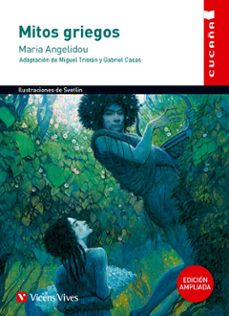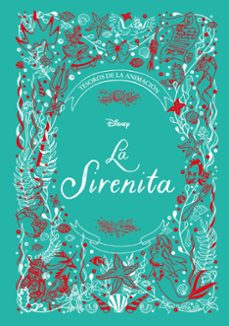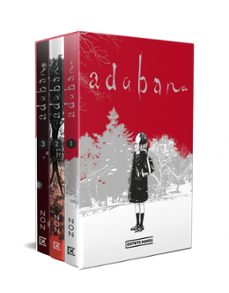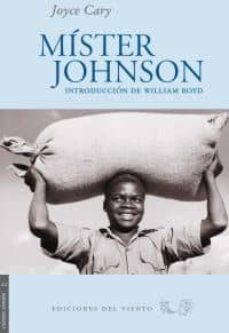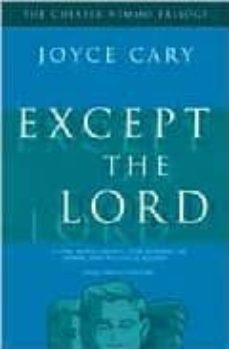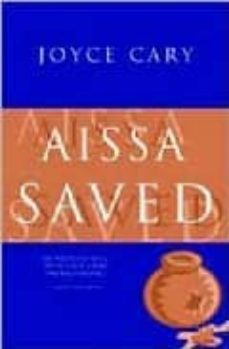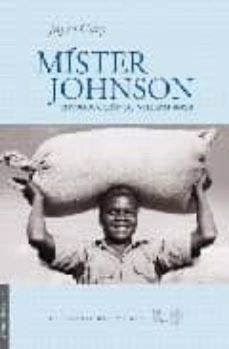Imprescindibles
Ficción
No Ficción
Ciencias y tecnología Biología Ciencias Ciencias naturales Divulgación científica Informática Ingeniería Matemáticas Medicina Salud y dietas Filología Biblioteconomía Estudios filológicos Estudios lingüísticos Estudios literarios Historia y crítica de la Literatura
Humanidades Autoayuda y espiritualidad Ciencias humanas Derecho Economía y Empresa Psicología y Pedagogía Filosofía Sociología Historia Arqueología Biografías Historia de España Historia Universal Historia por países
Infantil
Juvenil
#Jóvenes lectores Narrativa juvenil Clásicos adaptados Libros Wattpad Libros Booktok Libros de influencers Libros de Youtubers Libros Spicy Juveniles Libros LGTBIQ+ Temas sociales Libros ciencia ficción Libros de acción y aventura Cómic y manga juvenil Cómic juvenil Manga Shonen Manga Shojo Autores destacados Jennifer L. Armentrout Eloy Moreno Nerea Llanes Hannah Nicole Maehrer
Libros de fantasía Cozy Fantasy Dark academia Hadas y Fae Romantasy Royal Fantasy Urban Fantasy Vampiros y hombres lobo Otros Misterio y terror Cozy mistery Policiaca Spooky Terror Thriller y suspense Otros
Libros románticos y de amor Dark Romance Clean Romance Cowboy Romance Mafia y amor Romance dramatico Romcom libros Sport Romance Otros Clichés Enemies to Lovers Friends to Lovers Hermanastros Slow Burn Fake Dating Triángulo amoroso
Cómic y manga
Novela gráfica Novela gráfica americana Novela gráfica europea Novela gráfica de otros países Personajes, series y sagas Series y sagas Star Wars Superhéroes Cómics DC Cómics Marvel Cómics otros superhéroes Cómics Valiant
eBooks
Literatura Contemporánea Narrativa fantástica Novela de ciencia ficción Novela de terror Novela histórica Novela negra Novela romántica y erótica Juvenil Más de 13 años Más de 15 años Infantil eBooks infantiles
Humanidades Autoayuda y espiritualidad Ciencias humanas Economía y Empresa Psicología y Pedagogía Filosofía Historia Historia de España Historia Universal Arte Cine Música Historia del arte
Ciencia y tecnología Ciencias naturales Divulgación científica Medicina Salud y dietas Filología Estudios lingüísticos Estudios literarios Historia y crítica de la Literatura Estilo de vida Cocina Guías de viaje Ocio y deportes
Joyce Cary
Recibe novedades de JOYCE CARY directamente en tu email
Filtros
Del 1 al 7 de 7
EL VIENTO 9788415374350
Míster Johnson, un joven empleado africano del puesto colonial de Fada, en Nigeria, lleva una vida feliz. Ha conocido a Bamu, la muchacha más hermosa del lugar, y su empleo para la administración colonial le confiere un estatus privilegiado. Y aunque la comunidad indigena y la administracion britanica se confabulen contra el -las deudas lo acosan y sus jefes lo hostigan- nada podran contra su felicidad.
Ver más
Tapa blanda
HOUSE OF STRATUS 9781842320235
This book is Chester Nimmo's story, told in his own words. It is the tale, however, not of his fortuitous marriage into the local gentry and subsequent political success but of his childhood and
Ver más
Tapa blanda
HOUSE OF STRATUS 9781842320075
This is a reprint of Joyce Cary's first novel about Christianity versus paganism in Nigeria. It is a spare and violent book, as striking and stylized as Cary's later novels. Aissa, a foolish, emotional native girl, is hounded from her village when she has a son by a convict and she takes refuge in Christianity at a nearby mission. During a drought, the Christians are hunted down and Aissa is jailed as a witch, loses her child, escapes death and finally renounces Jesus. She is then persuaded by fanatic native friends to join another crusade against her village and burn their shrine. In the grim religious war that follows many are hideously killed and Aissa dies in a martydom closely paralleled by that of a pagan mother earlier. Mr. Cary's point is that their pagan religion, and through Aissa and a kaleidoscope of natives of all shades of civilization, he shows vividly many aspects of this difficult grafting of religions. It is a shocking and provocative story, heightened by the cool objectivity of its approach.
Ver más
Tapa blanda
EL VIENTO 9788493477868
Mister Johnson, un joven empleado africano en el puesto colonial de Fada, en Nigeria, lleva una vida feliz. Ha conocido a Bamu, la muchacha más hermosa del lugar, y su empleo para la administración local le confiere un estatus privilegiado. Y aunque la c
Ver más
Tapa blanda
Del 1 al 7 de 7




